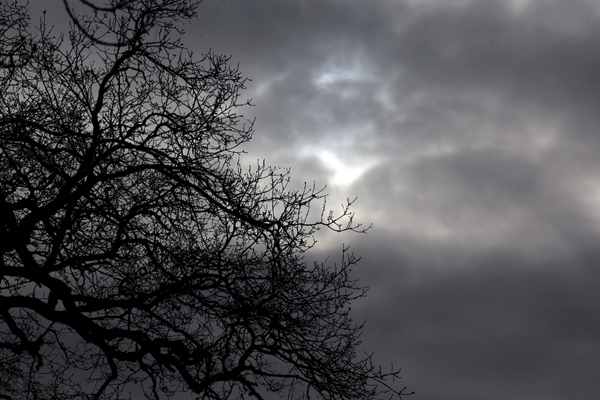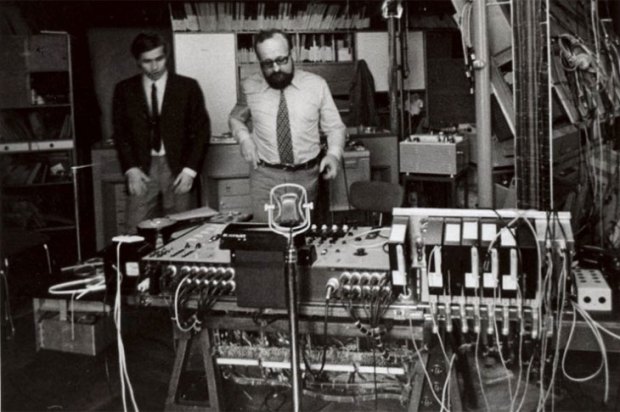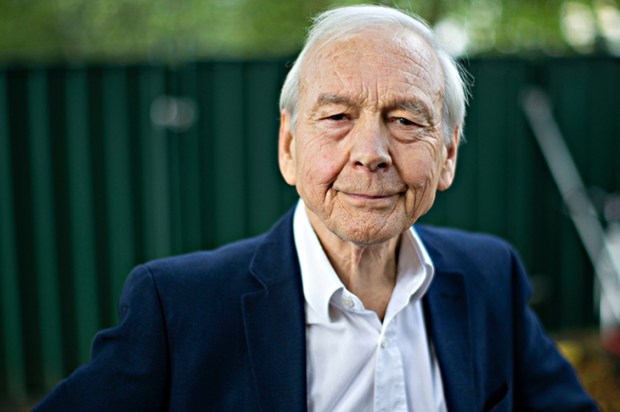Every so often a programme comes along that completely alters the way you think about something you thought you understood. It’s 60 years since the end of the Korean war on 27 July 1953 and last Friday the World Service marked the occasion by rebroadcasting an interview from the Witness series. These short programmes, often just ten minutes, give us little-known stories from history told by those who experienced them. Their brevity focuses the mind, enhances the impact.
David Hawkins was just 17 when he was sent out to Korea from the USA to fight against the communists of the North. Injured almost immediately, he found himself in a PoW camp called ‘Death Valley’ because it was so cold, minus 42 degrees. He lost a toe from frostbite and found himself sharing a room with the stiffened cadavers of those who could not survive the freezing conditions. He and his fellow inmates propped up the bodies pretending they were still alive so that they could claim the extra food rations from the prison guards. But this was not nearly so surprising as what Hawkins then went on to tell us.
At the end of the war, he and a handful of Americans (and one British marine) chose not to be repatriated. Hawkins had by then been transferred to an ‘indoctrination programme’, where in spite of being forced to listen to day-long lectures on the evils of capitalism he was so impressed by the treatment he received from the Chinese that he decided to stay on. He enrolled in the University of Beijing to learn Chinese and after college applied for a commercial driver’s licence. For years he lived as the only foreigner in a provincial city, driving dump trucks made in Czechoslovakia.
In just ten minutes, and through Hawkins’s words rather than the words of politicians and military historians, Witness reminded us of a slice of history but with a twist. We discovered a different truth.
It’s hard to imagine a world before weather forecasts and those grim words ‘cold front’ and ‘cumulo-nimbus’. But it was not until 1802 and the work of the amateur meteorologist Luke Howard that clouds were given names and attempts were made to describe the differences between cumulus, stratus, cirrus and nimbus. In The Namer of Clouds (Radio 4, Sunday) the poet Lavinia Greenlaw described her own attempts at cloudspotting in Somerset and her belief that it’s a very similar process to writing a poem: an attempt to pin down the unsayable, the ungraspable, to describe an impression precisely.
This was a beautifully produced (by Paul Smith) radio meditation on the power and precision of words but also the impossibility of being scientific about something so nebulous as a puff of greyish-white vapour as it scuds across a wind-blown sky. In part poetic, it also gave us the science behind the cotton wool, the reality behind those poetic eulogies by Shelley and Coleridge. Luke Howard was not just a scientist, he also drew clouds, hundreds of them, not trying to paint them as they appear but to show how they work. ‘Nimbus showing anvil with cumulus and water vapour streaming out’ is not like anything you might have seen, explained Greenlaw, but at the same time it’s familiar, known, because Howard so precisely captures the essence, the inner workings of clouds.
Any play that begins with a snippet of the great Aretha singing ‘Gotta find me an angel’ is going to hook me in straightway, no problem. It’s such a great line, those few words holding such possibility, such opening out of hope and courage. As that amazing voice soars upwards, the line extended as far as it can go, your imagination takes off, ready to be swept away by the stroppy teenager, Miss Roxanne Aretha Carpenter, who stars in Miss You Still on Thursday afternoon (Radio 4).
This was given a great build-up because it was written by the multi-talented Lenny Henry, who also appears as a character in the play, as Charlie, a bus driver in the Midlands who has shut himself away from the world after the death of his little daughter and his wife. Henry actually says very little and even that is surprisingly subdued, his character overwhelmed by Roxanne (Bunmi Mojekwu) and her even more mouthy mother (Clare Perkins), a lay preacher who is determined to rescue him. She sends Roxanne to clean up his house with repercussions that are not at all to be expected.
There are some clunky transitions between scenes but Henry stretches the medium, letting the imagination loose. His characters, too, are just so lively, his dialogue so streetwise you can’t help but be drawn in. It’s also very atmospheric (produced by Claire Grove), Charlie’s house given a character all its own, haunted by the spirits of his dead wife and child. We are taken on a journey not just through a domestic tragedy but through the experience of grief, of longing, of seeking comfort, too, and it evokes a genuine response, even a tear, when Roxanne does find her angel.
Got something to add? Join the discussion and comment below.
Get 10 issues for just $10
Subscribe to The Spectator Australia today for the next 10 magazine issues, plus full online access, for just $10.
You might disagree with half of it, but you’ll enjoy reading all of it. Try your first month for free, then just $2 a week for the remainder of your first year.














Comments
Don't miss out
Join the conversation with other Spectator Australia readers. Subscribe to leave a comment.
SUBSCRIBEAlready a subscriber? Log in